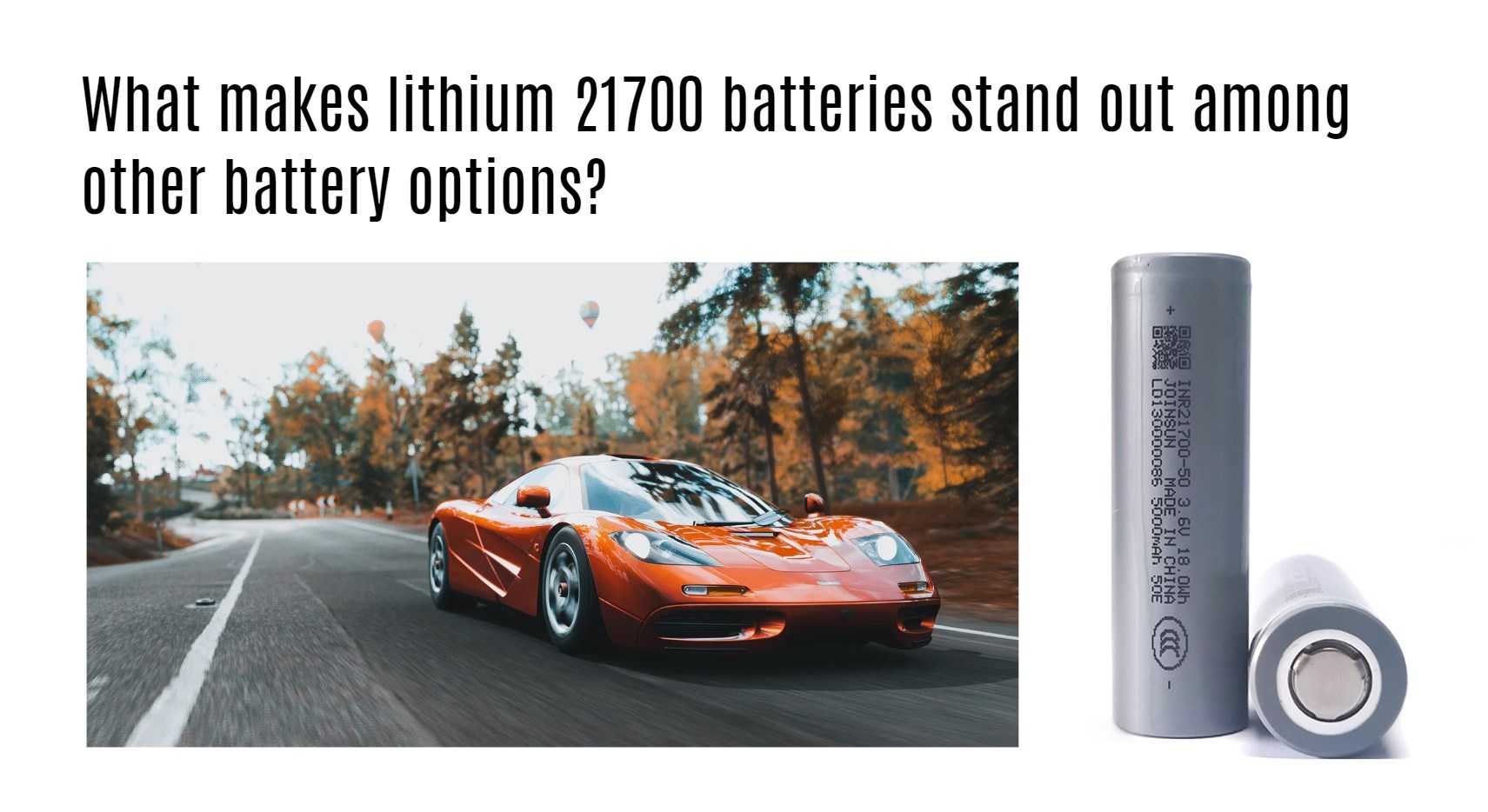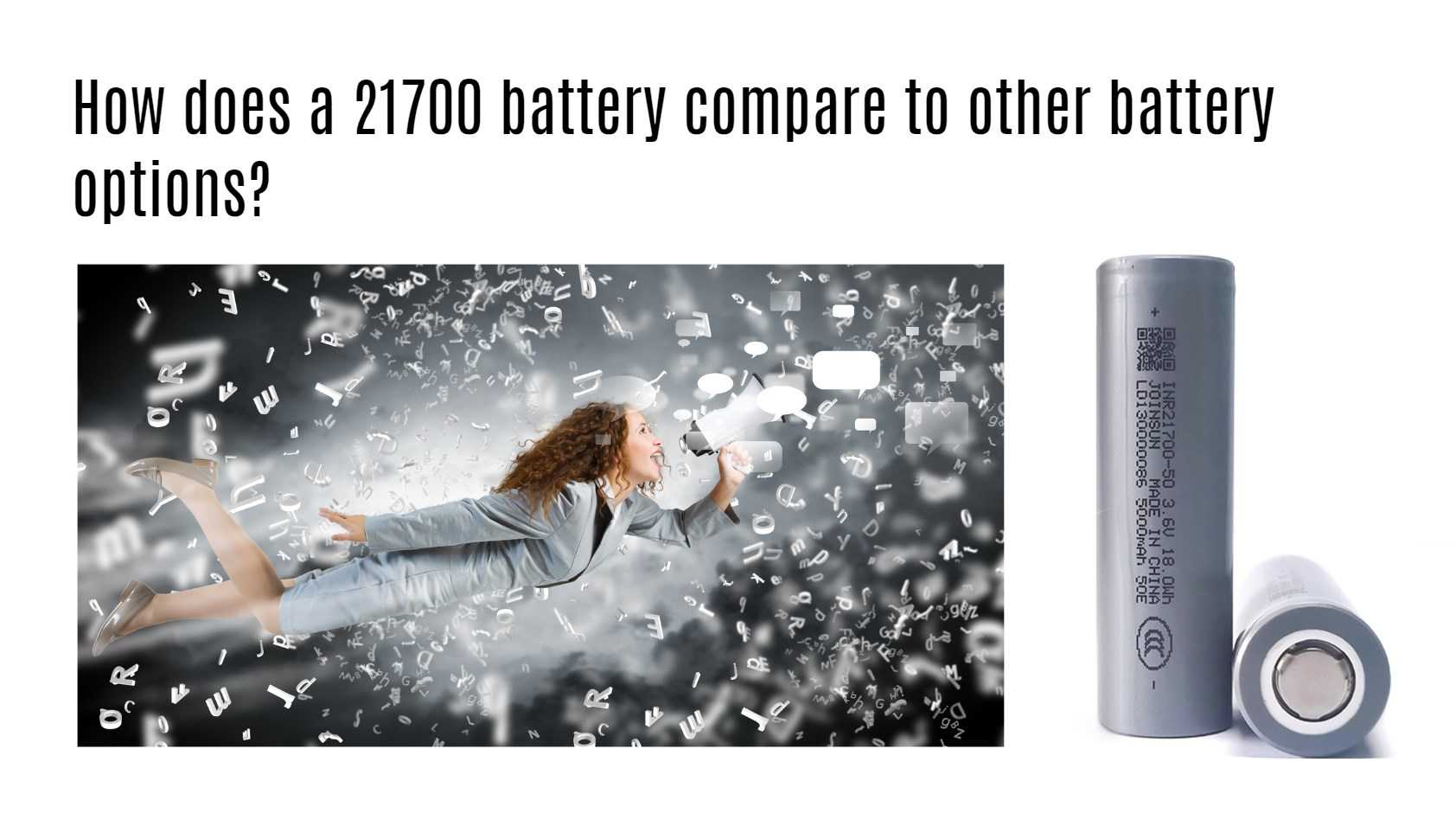In the ever-evolving landscape of battery technology, the 21700 lithium-ion battery has emerged as a notable advancement. Known for its higher energy density and improved performance metrics, this battery type is revolutionizing various applications from consumer electronics to electric vehicles. In this article, we delve into the specifics of what makes the 21700 battery superior, its benefits, potential drawbacks, and comparisons with other battery types.
What is a 21700 Battery?
A 21700 battery is a type of lithium-ion cell that measures approximately 21mm in diameter and 70mm in length. This size is slightly larger than the widely known 18650 battery, but the increase in size brings substantial benefits. The 21700 battery is designed to offer higher energy density, which translates to longer runtimes and more efficient performance.
Key Characteristics
- Higher Energy Density: More energy stored per unit volume.
- Improved Performance: Better heat dissipation and lower internal resistance.
- Advanced Safety Features: Includes overcharge protection and thermal management systems.
Benefits of the 21700 Battery
1. Increased Energy Capacity
The larger size of the 21700 battery allows for a greater capacity compared to smaller batteries. This higher capacity means devices can run longer on a single charge, reducing the frequency of recharging.
Wholesale lithium golf cart batteries with 10-year life? Check here.
2. Enhanced Charging Speed
Thanks to advancements in lithium-ion technology, 21700 batteries can be charged at a faster rate. This is a significant advantage for users who require quick power replenishment, making these batteries ideal for high-demand applications.
3. Improved Thermal Stability and Safety
The design of 21700 batteries includes enhanced thermal management capabilities. This is crucial for high-performance devices that generate significant heat, ensuring safer operation and reducing the risk of overheating or malfunctioning.
Want OEM lithium forklift batteries at wholesale prices? Check here.
4. Versatile Compatibility
Due to their popularity, 21700 batteries are widely used in various products, from portable electronics to electric vehicles and renewable energy storage systems. Their versatility makes them a preferred choice across multiple industries.
Drawbacks of the 21700 Battery
1. Larger Size and Weight
While the increased capacity is a benefit, it also results in a bulkier battery. This can limit the use of 21700 batteries in smaller devices where space and weight are critical considerations.
2. Higher Cost
The advanced technology used in 21700 batteries often makes them more expensive than other battery types. This higher initial cost might be a deterrent for some consumers, although the long-term benefits often justify the investment.
3. Limited Availability
Despite their growing popularity, 21700 batteries are not as widely available as some other types, such as the 18650. This can make it challenging to find replacements or additional batteries when needed.
4. Longer Charging Time
Although they support faster charging, their larger capacity means that they may require longer to charge fully compared to smaller batteries.
5. Compatibility Issues
Older devices or equipment designed for different battery sizes may not be compatible with 21700 batteries. Users must ensure their devices support this type before making a purchase.
Comparison with Other Battery Options
1. Energy Density and Capacity
The 21700 battery stands out with its higher energy density, allowing it to store more power in the same or smaller space compared to other batteries like the 18650. This makes it an excellent choice for applications requiring long-lasting power.
2. Charging Speed
21700 batteries can be charged faster due to their improved internal design, reducing downtime and increasing productivity for users.
3. Lifespan
Advancements in lithium-ion technology have endowed 21700 batteries with a longer lifespan. They can endure more charge-discharge cycles before experiencing significant degradation, making them a cost-effective choice over time.
4. Safety
Enhanced safety features such as overcharge protection and better thermal stability make 21700 batteries a safer option for high-demand applications.
5. Device Compatibility
While compatibility can be an issue, many new electronic devices are being designed to accommodate 21700 batteries, reflecting their superior performance capabilities.
Conclusion
The 21700 lithium-ion battery offers substantial advantages over other battery types, including higher energy density, faster charging times, improved thermal stability, and a longer lifespan. Despite some drawbacks, such as size, cost, and availability, the benefits make it a compelling choice for many applications. As technology continues to advance, we can expect further enhancements in 21700 battery performance, solidifying its position as a leading option in the market.







